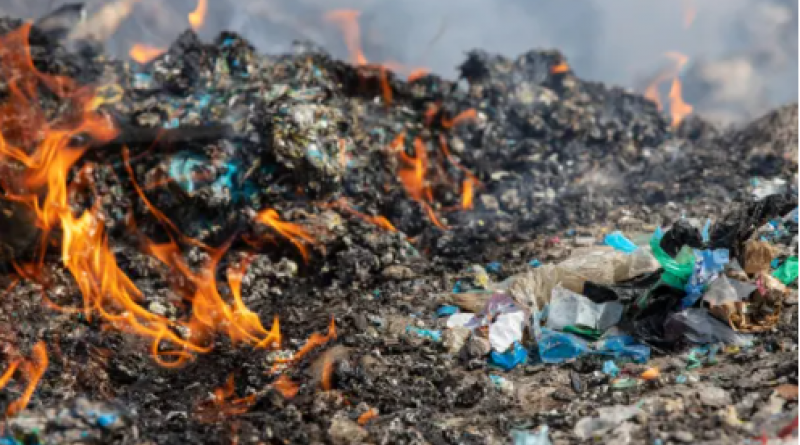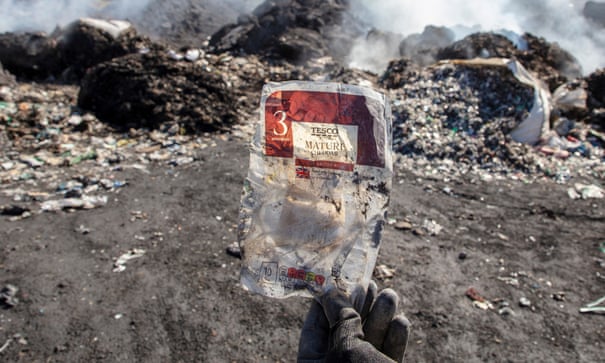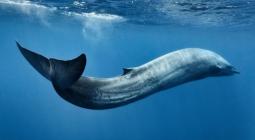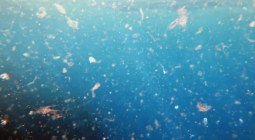UK plastics sent for recycling in Turkey dumped and burned, Greenpeace finds.

Turkey has become the latest destination for British plastic waste, which ends up dumped, burned or left to pollute the ocean, a Greenpeace investigation has found.
More than half of the plastic the British government says is being recycled are sent overseas, often to countries without the necessary infrastructure to do so. The UK exported 688,000 tonnes of discarded plastic packaging in 2020, a daily average of 1.8m kilos. Just 486,000 tonnes were recycled in the UK.
China was a key destination, but since it banned the import of many types of plastic in 2017, Turkey has emerged as the main receiver of British plastic waste. UK exports to the country increased from 12,000 tonnes in 2016 to 209,642 tonnes in 2020, about 30% of the UK’s plastic waste exports.
Instead of being recycled, however, Greenpeace investigators in Turkey found plastic waste from leading supermarkets dumped, burned, piled into mountains and left to spill into rivers and the sea.
Greenpeace examined 10 locations around the southern Turkish city of Adana in March and published the data on Monday in its report, Trashed. It found plastic packaging from Tesco, Asda, Co-op, Aldi, Sainsbury’s, Lidl and Marks & Spencer dumped, left in bags or burned. Plastic rubbish from retailers such as B&Q, Debenhams, Poundland and Spar was also found.

Plastic bags and packaging from the supermarkets as well as Lucozade and Fanta bottles were dumped in fields, near rivers, on train tracks and by the roadside, Greenpeace investigators found. In many cases the plastic had been burned. The waste was in bags piled high on top of each other, many of which were ripped open.
Other plastic waste was spilling into waterways and floating downstream. On the Mediterranean coast, investigators found more British plastic strewn across the beach, including the wrapping from a pack of Andrex toilet paper.
The British waste had been exported recently. It included a coronavirus antigen test and a packet with a use-by date of August 2021.
Greenpeace is calling on the UK government to enact the environment bill, and use the powers within it to ban all plastic waste exports. It wants to see an immediate ban on all plastic waste exports to countries that are not members of the Organisation for Economic Co-operation and Development, such as Malaysia, and on mixed plastic waste to OECD countries such as Turkey.
As well as the impact of pollution, Interpol said last year that the huge increase in plastic rubbish being sent to Turkey and other countries was causing an explosion in the illegal waste trade.
Nihan Temiz Ataş, the biodiversity projects lead at Greenpeace Mediterranean, who is based in Turkey, said: “As this new evidence shows, plastic waste coming from the UK to Turkey is an environmental threat, not an economic opportunity. Uncontrolled imports of plastic waste do nothing but increase the problems that exist in Turkey’s own recycling system.”
Other European countries have also chosen Turkey as the main receiver of their rubbish. About 241 lorryloads of plastic waste come to Turkey every day from across Europe, 20 times more than was imported in 2016.
UK and EU rules say that plastic waste should not be exported to countries unless it is going to be recycled. Turkey’s recycling rate, however, is 12%, the lowest of any OECD member.
“As far as we can see from the data and the field, we continue to be Europe’s largest plastic waste dump,” said Ataş.
The Turkish government has imposed a crackdown on plastic waste imports, announcing a ban on imports of many types of plastic waste from January.
UK trade data, however, suggests the move has had little impact. The country sent more plastic waste to Turkey in January 2021 than it did in the same month last year, up from 12,400 to 14,500 tonnes. The figure for February 2021 was 30,300 tonnes, more than double the amount for the same month in 2020.
UK government trade data shows that Malaysia was the second destination for British plastic waste, receiving 65,000 tonnes in 2020, followed by Poland, which received 38,000 tonnes.
May 2021
The Guardian




